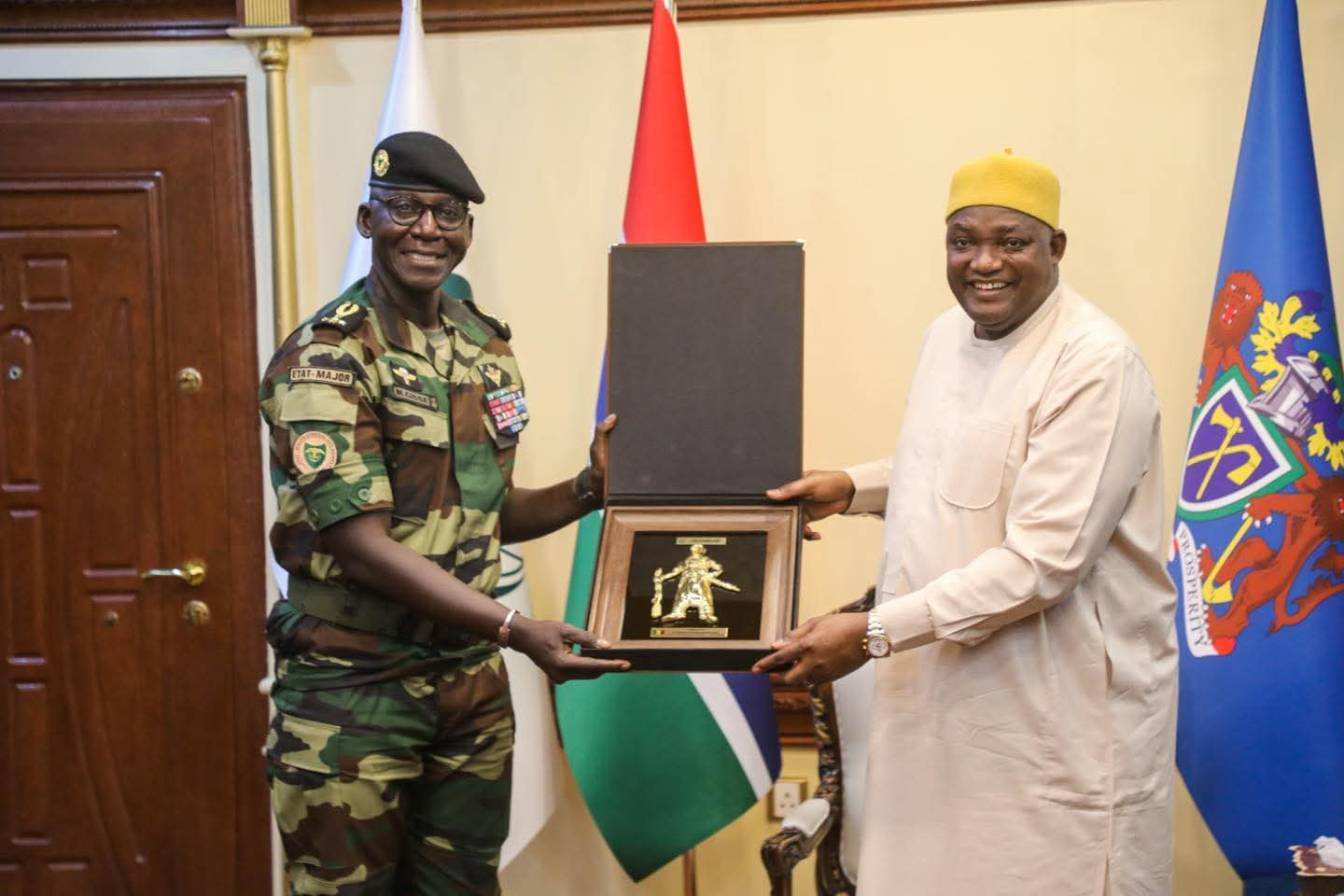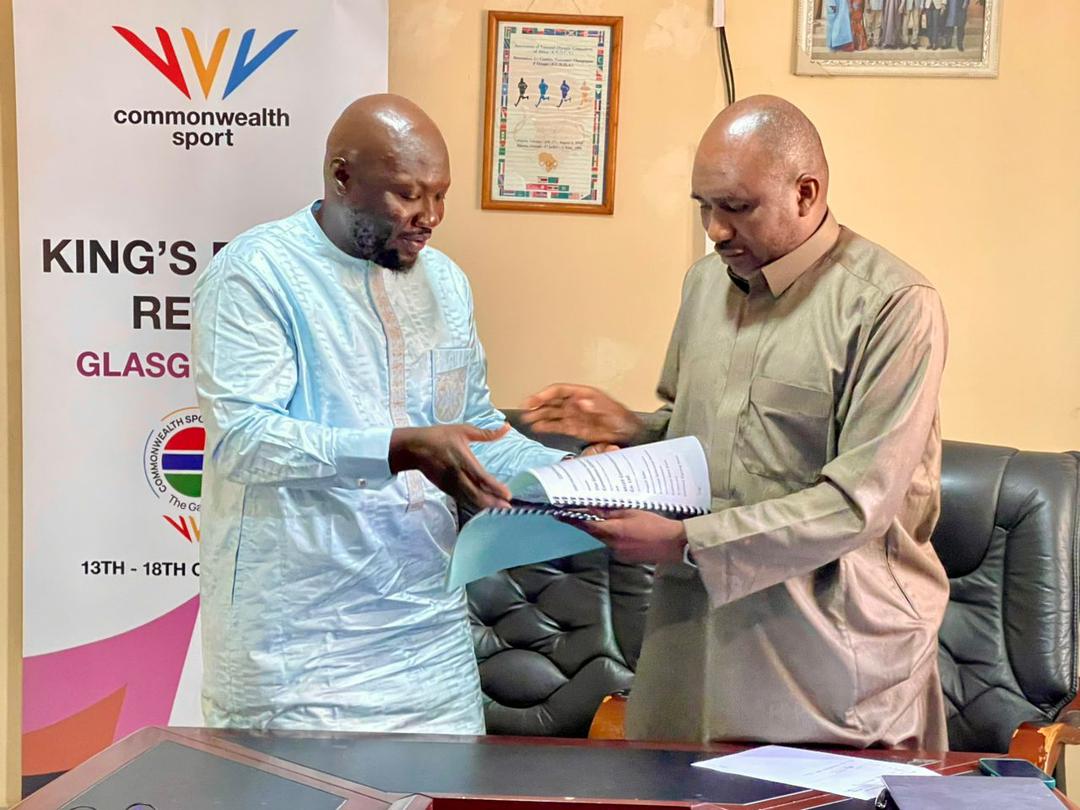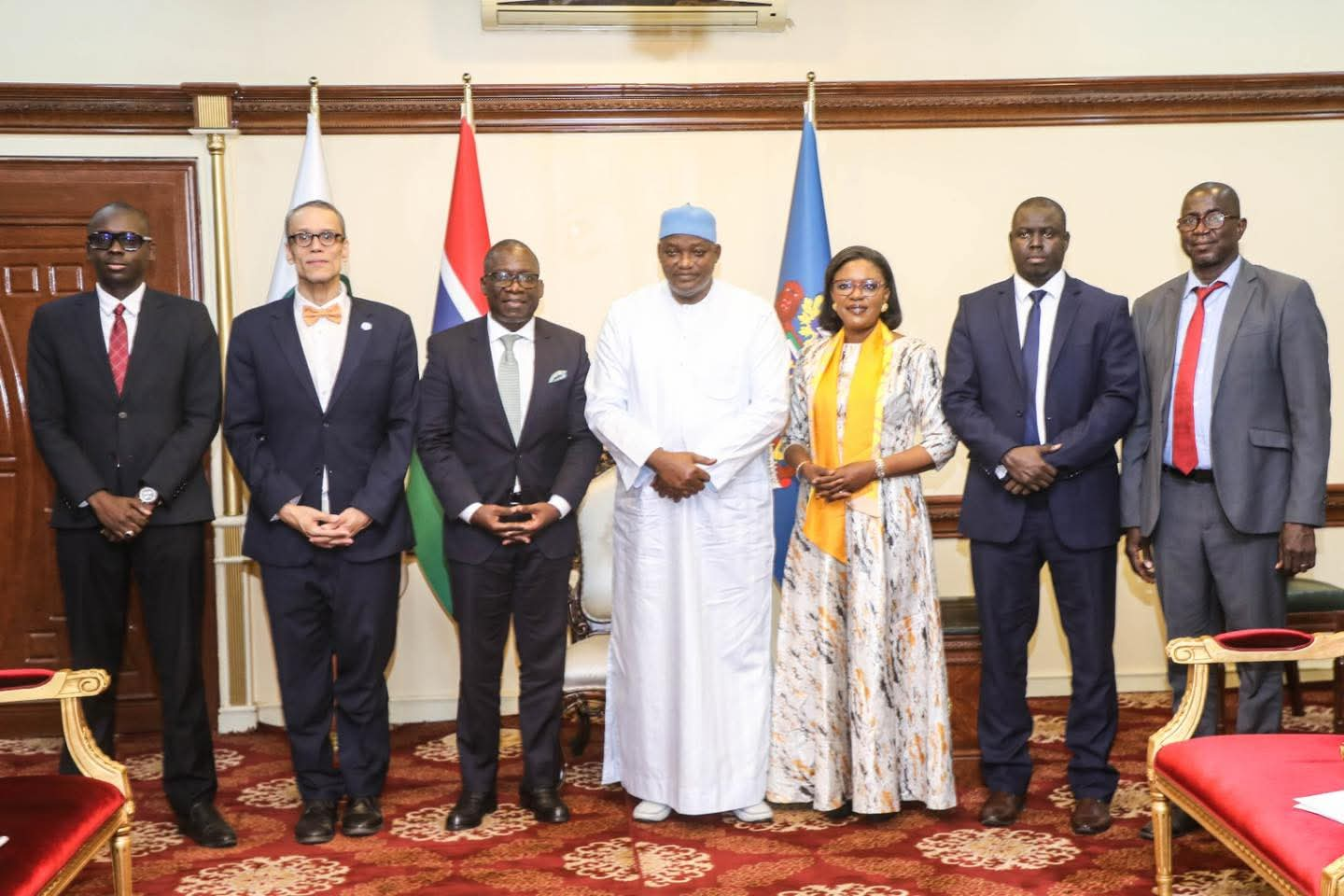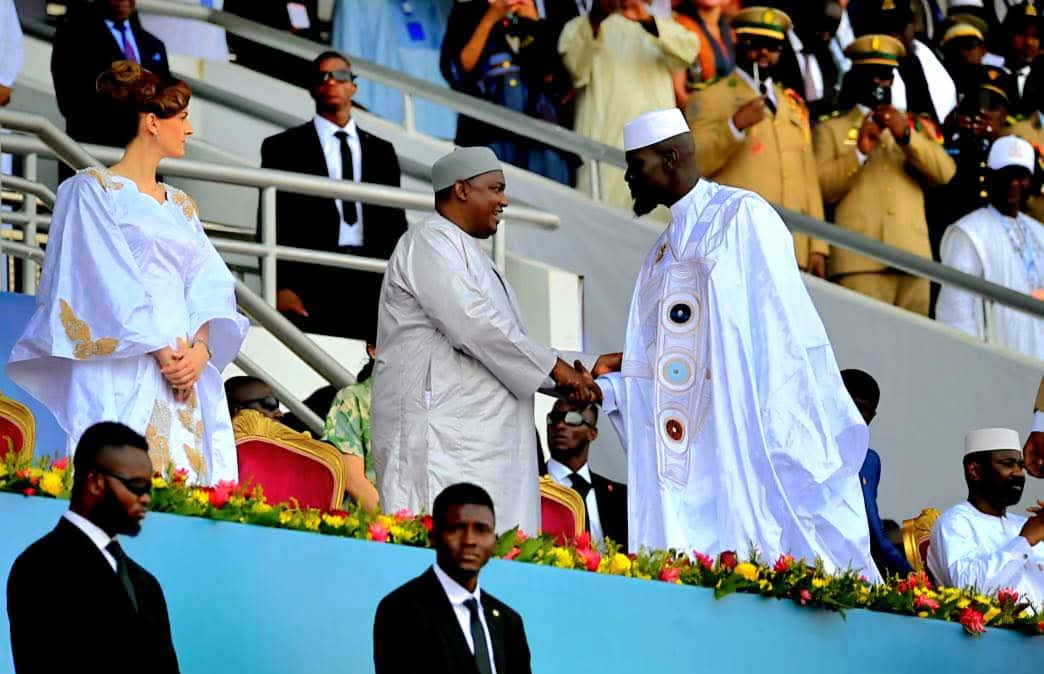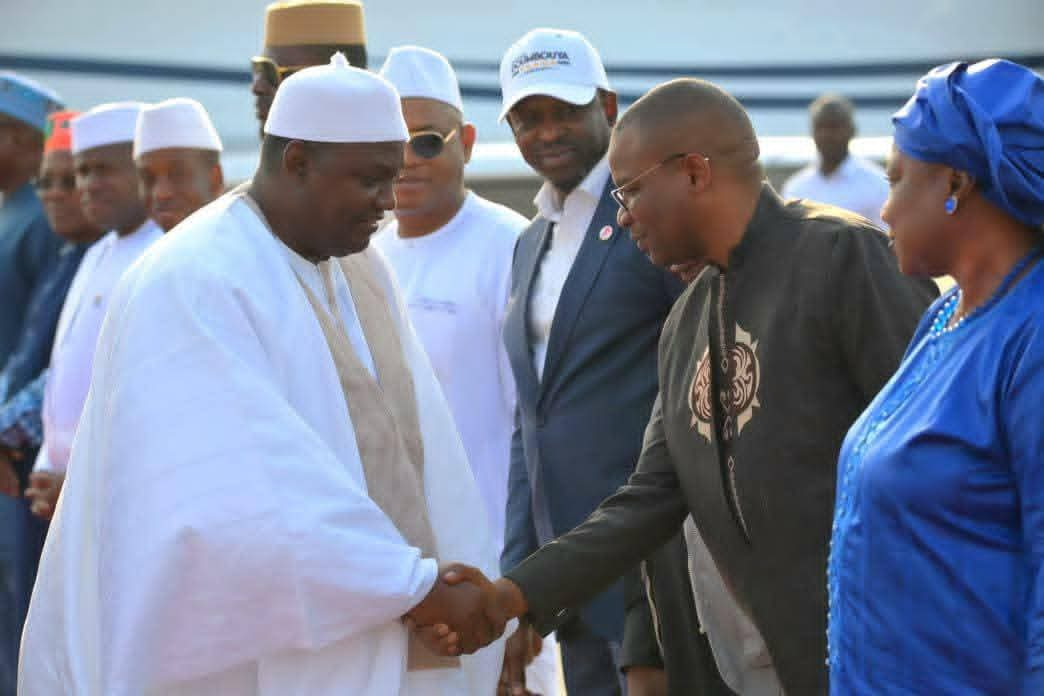GAMBIA LEADS OACPS: MINISTER KEITA AT THE HELM
The Gambia has taken over the presidency of the Council of Ministers (COM) and the Chairmanship of the Committee of Ambassadors (COA) of the Organisation for African, Caribbean and Pacific States at a handing-over ceremony held in hybrid format on 2nd February 2026 at the OACPS Headquarters in Brussels, a position it will hold for the next six months until 31st July 2026. For most member states, including The Gambia, the Minister of Finance and Economic Affairs is the designated minister responsible for the organisation’s dealings with the EU on development cooperation. It is against this backdrop that Honourable Seedy KM Keita, Minister of Finance and Economic Affairs, took over the Presidency of the Council of Ministers from Honourable Peter Shanel Agovaka, Minister of Foreign Affairs and External Trade of Solomon Islands. The Gambia’s Finance Minister Keita will be chairing the Council of Ministers’ meetings in its role as the body responsible for implementing the guidelines laid down by the Summit of Heads of States.Similarly, His Excellency Ambassador Pa Musa Jobarteh, Ambassador of the Republic of The Gambia to the Kingdom of Belgium and the EU, also took over the Chairmanship of the Committee of Ambassadors from Ambassador Mr Moses Kouni Mose of the Solomon Islands to the Kingdom of Belgium. The OACPS founded in 1975, is an international organisation with the collective aim of achieving sustainable development by promoting the economic, social and political well-being of its peoples. It comprises seventy-nine (79) Member States. Forty-eight (48) from sub-Saharan Africa, sixteen (16) from the Caribbean, and fifteen (15) from the Pacific Region. The main organs of the OACPS responsible for the management and oversight of its functions are:1) The Summit of Heads of States, which is the highest decision-making body of the OACPS meets every 3 years. 2) The Council of Ministers, 3) The Committee of Ambassadors, 4) The Secretariat, and5) The Joint Parliamentary Assembly of member states serves as a political oversight body.The next and 11th Summit of Heads of State will take place in Equatorial Guinea from March 27 to 29, 2026, with confirmation of attendance already received from many Presidents and foreign ministers. The Gambia’s leadership period will prioritise the following: Supporting the governance reforms and the future stability of the OACPS;Ensuring membership stability by working to improve the confidence of the member states in the Organisation as a pillar of multilateralism;Supporting a sustained political engagement to ensure successful preparations and high-level participation at the 11th OACPS Summit in Equatorial Guinea;Support the follow-up of the implementation and operationalisation of the Samoa Agreement, including engagement with the European Union; andMonitoring the successful implementation of the 2026 Secretariat Budget.
Continue Reading >>

